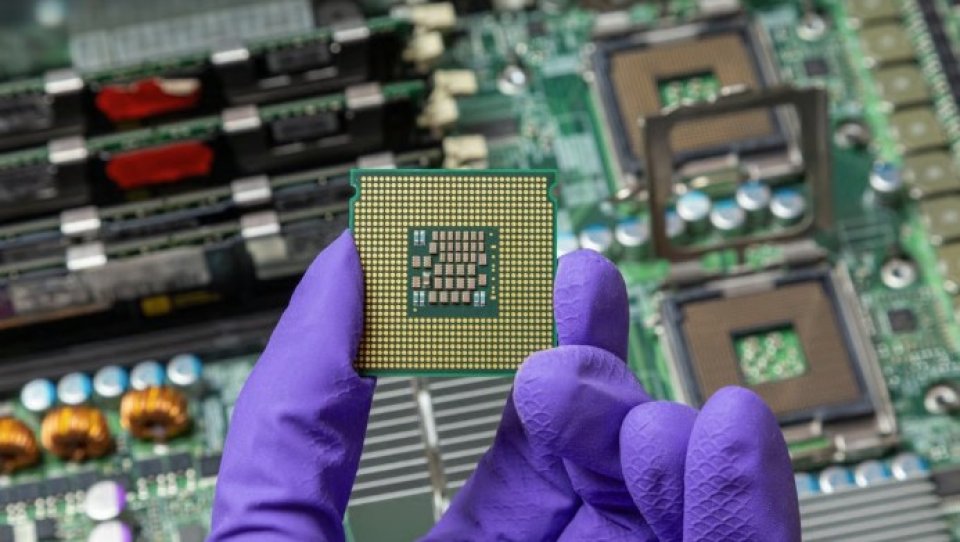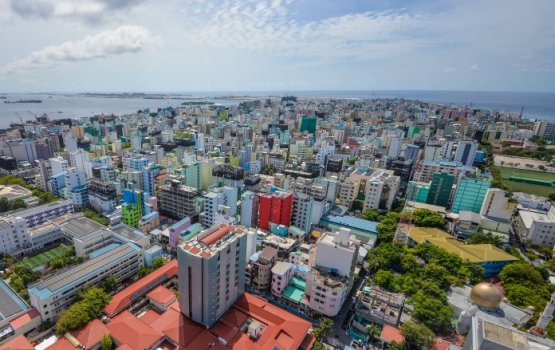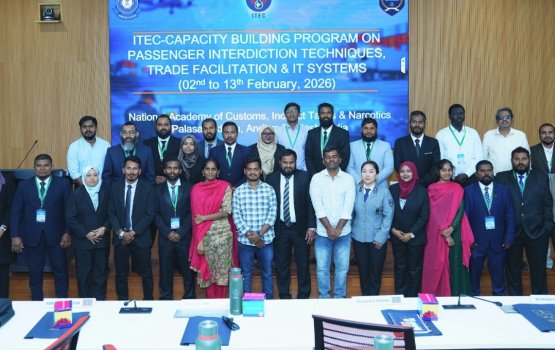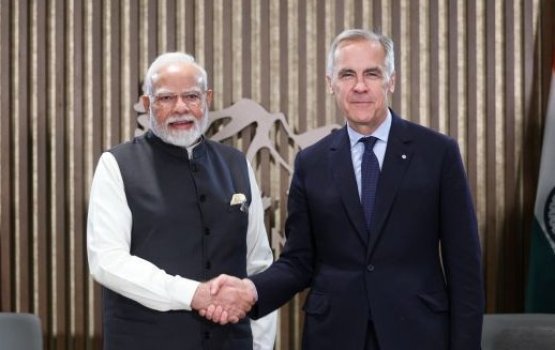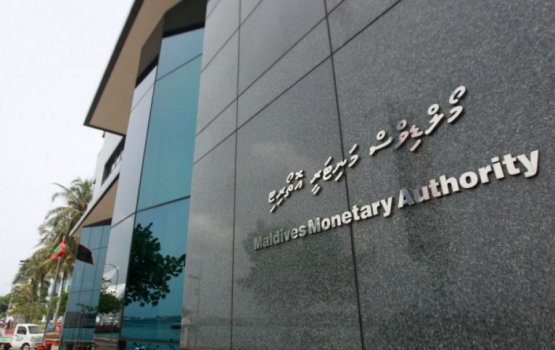In a landmark announcement on Independence Day, Prime Minister Narendra Modi declared that India’s domestically manufactured semiconductor chips will be available in the market by the end of 2025. Speaking from the Red Fort, the Prime Minister underscored the significance of this development as a major milestone in India's technological advancement and a step towards self-reliance in semiconductor manufacturing.
"To the youth of our nation and to all those around the world who recognize India’s technological potential, I am proud to share that by the end of this year, Made-in-India chips will be in the market," said PM Modi. He emphasized that the government is moving ahead with its semiconductor mission in an accelerated, mission-mode approach.
Reflecting on the historical challenges, the Prime Minister noted that although discussions around semiconductor manufacturing in India began nearly five to six decades ago, the initiative was stalled for years. "You will be surprised to know that the concept of semiconductors—now a global game-changer—was confined to files 50-60 years ago in our country. That vision never materialized. While other nations progressed, India lost valuable decades," he remarked.
Highlighting the government's commitment to overcoming this legacy of inertia, PM Modi announced that six semiconductor fabrication units are currently being established, with approvals already granted for four of them. These units, under the India Semiconductor Mission (ISM), represent a key component of India's ambition to become a global hub for chip manufacturing, especially amid shifting geopolitical landscapes and realignments in global supply chains.
As part of this initiative, the government has approved four semiconductor manufacturing projects with a total investment of ₹4,600 crore. These projects will be located in Odisha, Andhra Pradesh, and Punjab.
Further, the Prime Minister stressed the strategic importance of critical minerals and the need for India to attain self-sufficiency in this domain. “The world has awakened to the strategic value of critical minerals, and India must not remain dependent. Achieving self-reliance in this field is essential,” he said.
Critical minerals play a vital role across sectors including energy, industry, defense, and technology. To address this, the government has launched the National Critical Minerals Mission (NCMM). Exploration efforts are currently underway at over 1,200 sites across the country, with the aim of securing reliable domestic sources of these essential resources.
To bolster the rare earth supply chain, India is pursuing a multi-pronged strategy combining domestic mining, imports, and international collaboration. The government is also investing in research and development to enhance domestic refining and processing capabilities. Diplomatic initiatives are ongoing to establish stable and affordable access to rare earth materials through partnerships with like-minded nations.
Additionally, the central government has allocated ₹1,345 crore to support the domestic production of rare earth magnets. Kamran Rizvi, Secretary in the Ministry of Heavy Industry, announced that this scheme will offer end-to-end assistance for converting rare earth oxides into magnets, facilitating the establishment of new processing facilities.
In January 2025, the Union Cabinet approved the launch of the National Critical Mineral Mission (NCMM), with an estimated expenditure of ₹16,300 crore and an anticipated investment of ₹18,000 crore by Public Sector Undertakings.
These initiatives reflect India’s strategic intent to secure its position in global technology value chains and build resilience through domestic capabilities in semiconductors and critical minerals. (Source: ANI)

